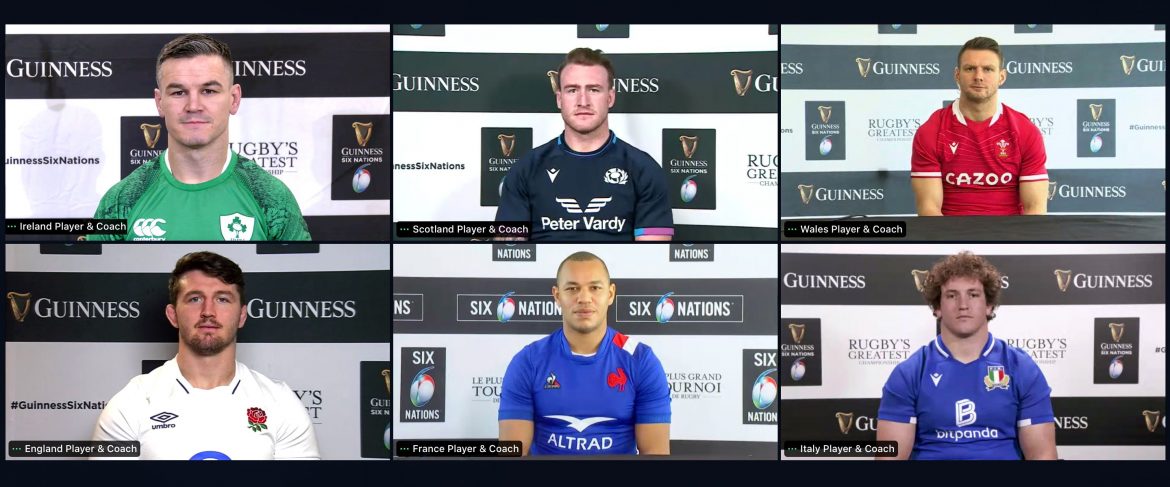One game into the Six Nations and it is already shaping up to be an exciting tournament, with Scotland pulling off an upset victory over England and Ireland tearing champions Wales apart.
The opening weekend showcased the different attributes every team has and the quality of every teams’ star men. There are five teams who could realistically win the championship which should make the remaining fixtures fascinating to watch.
Wales
Last Year: Champions
Predicted finish: 5th
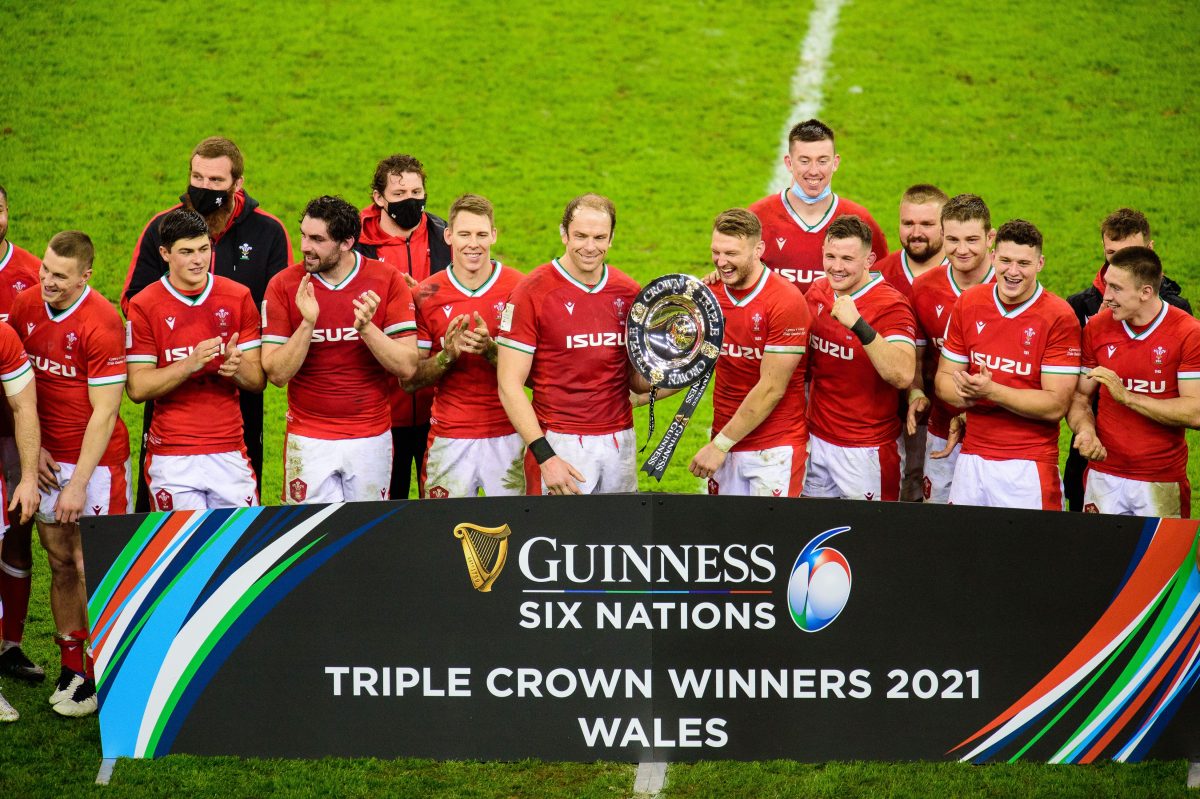
Head Coach: Wayne Pivac
The New-Zealander is a relative newcomer to European rugby but has already made an immediate impression. He steered his well-drilled Wales side to a close-fought title last year, winning the Triple Crown (beating England, Scotland and Ireland) along the way. Wales have been the dominant force in the Six Nations, winning four titles in the last decade and will be confident of another title. Despite these lofty expectations, Wales were completely outclassed by Ireland last week and will need to get back to winning ways against Scotland to keep their title hopes alive.
Key Player: Dan Biggar (Fly-half)
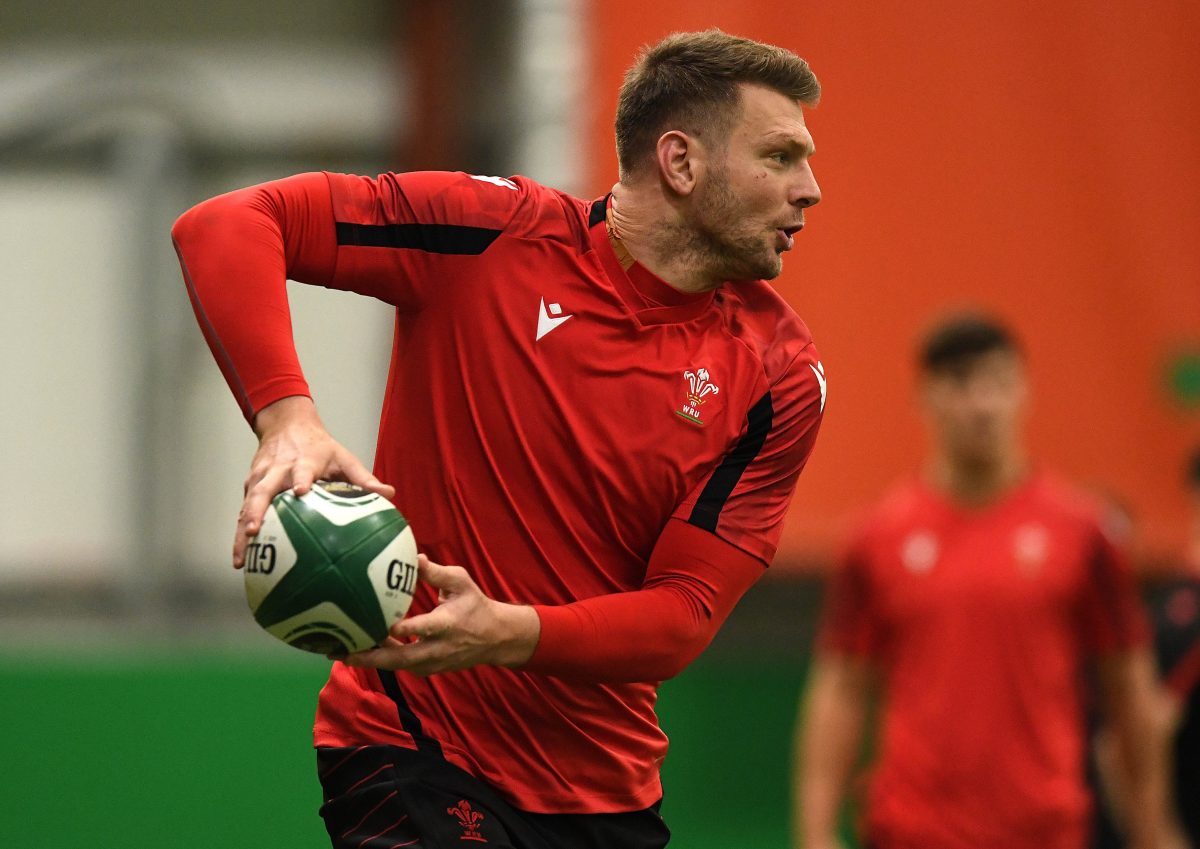
Wales have suffered a setback as the team’s 5-time winning captain, Alun Wyn Jones has been ruled out of the tournament with a shoulder injury. Pivac has announced that fly-half Dan Biggar will captain the side this tournament. He boasts immense experience and an incredible kicking ability. He has scored 535 points for Wales, 208 of which have come at the Six Nations.
Playstyle
Wales’ recent success has been built on a defined way of playing. Using the size of their forwards, they will dominate teams at scrums and rucks to win penalties which Biggar will be expected to convert. They will also use Biggar to kick the ball in the air for the wingers to challenge for, allowing the team to dominate territory and push the opposition back. It is a very difficult style to play against and one which this Wales team is very familiar with.
Fixtures
- 12 February: Scotland (home)
- 26 February: England (away)
- 11 March: France (home)
- 19 March: Italy (home)
France
Last Year: 2nd
Predicted Finish: 1st
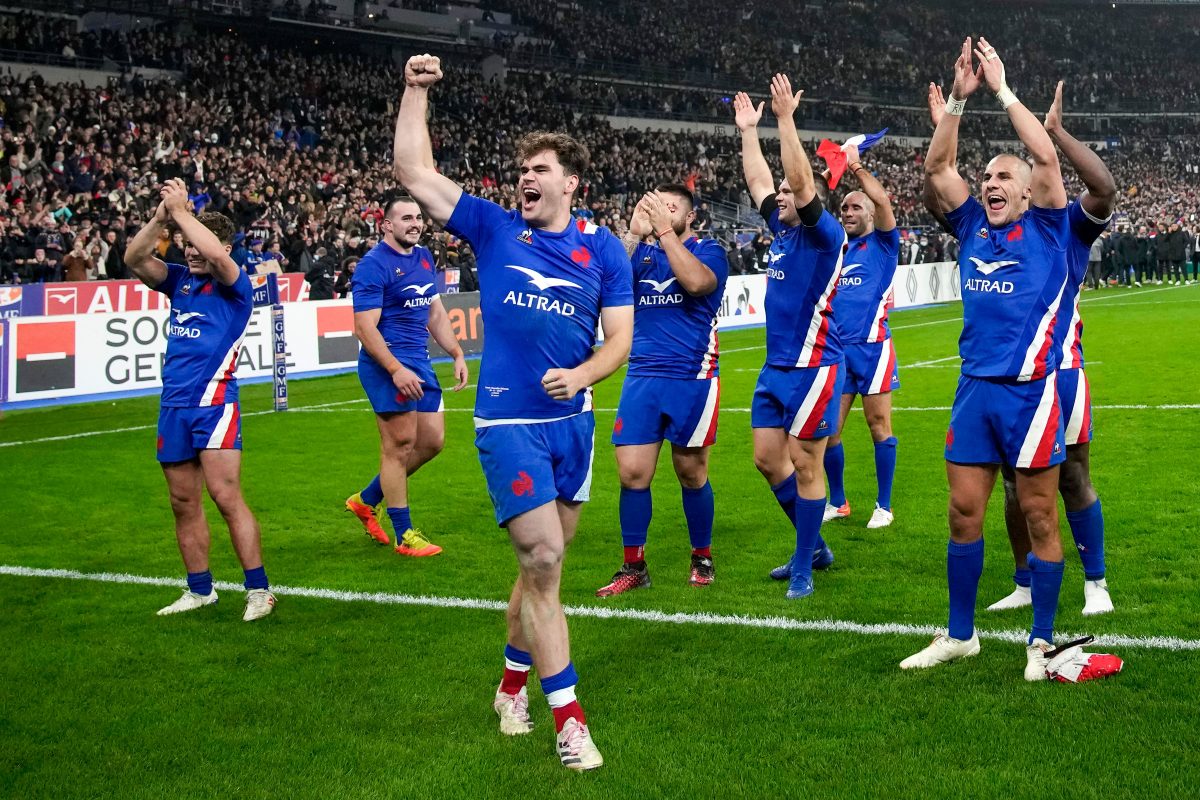
Coach: Fabien Galthié
The veteran coach has had a distinguished career in the French league. The French team has underperformed for years but, under his guidance, has re-emerged as one of the most exciting teams in world rugby. He has guided the team to two second-placed finishes. As this young team has matured, they are many people’s favourites to win it this year.
Key Player: Antoine Dupont (Scrum-half)
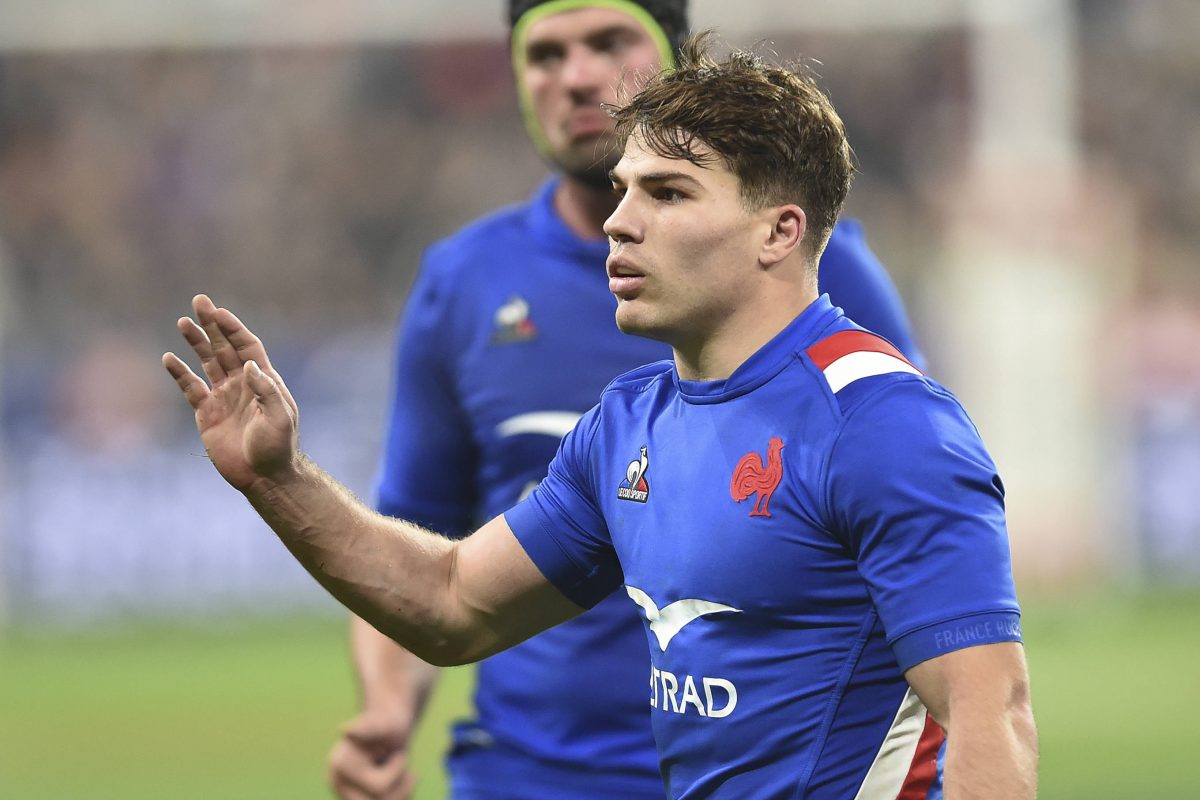
Dupont is a live wire at scrum-half and is expected to captain the side. The speed he injects into the play is critical for how France play and he has formed a scintillating partnership with fly-half and club-mate Romain Ntamack. Dupont is always a threat at the try-line and has scored some important tries in previous championships. After starring as his club side, Toulouse, won the league last season, he has suffered from a knee injury this season. He has now been declared fit and will want to make an impression on his return to the spotlight.
Playstyle
France has a proud history of playing free-flowing, attractive rugby and this team is no different. With the whole team possessing great technical skill and flair in the centres, matched with powerful and dynamic running from the wingers and full-back, France will look to play an unpredictable, fast-paced running game which will make them the team to watch this tournament. Although not at their best against Italy, they showed moments of real quality, with Dupont running the show. They will need to improve their defensive game to beat Ireland on Saturday.
Fixtures
- 12 February: Ireland (home)
- 26 February: Scotland (away)
- 11 March: Wales (away)
- 19 March: England (home)
Ireland
Last Year: 3rd
Predicted Finish: 2nd
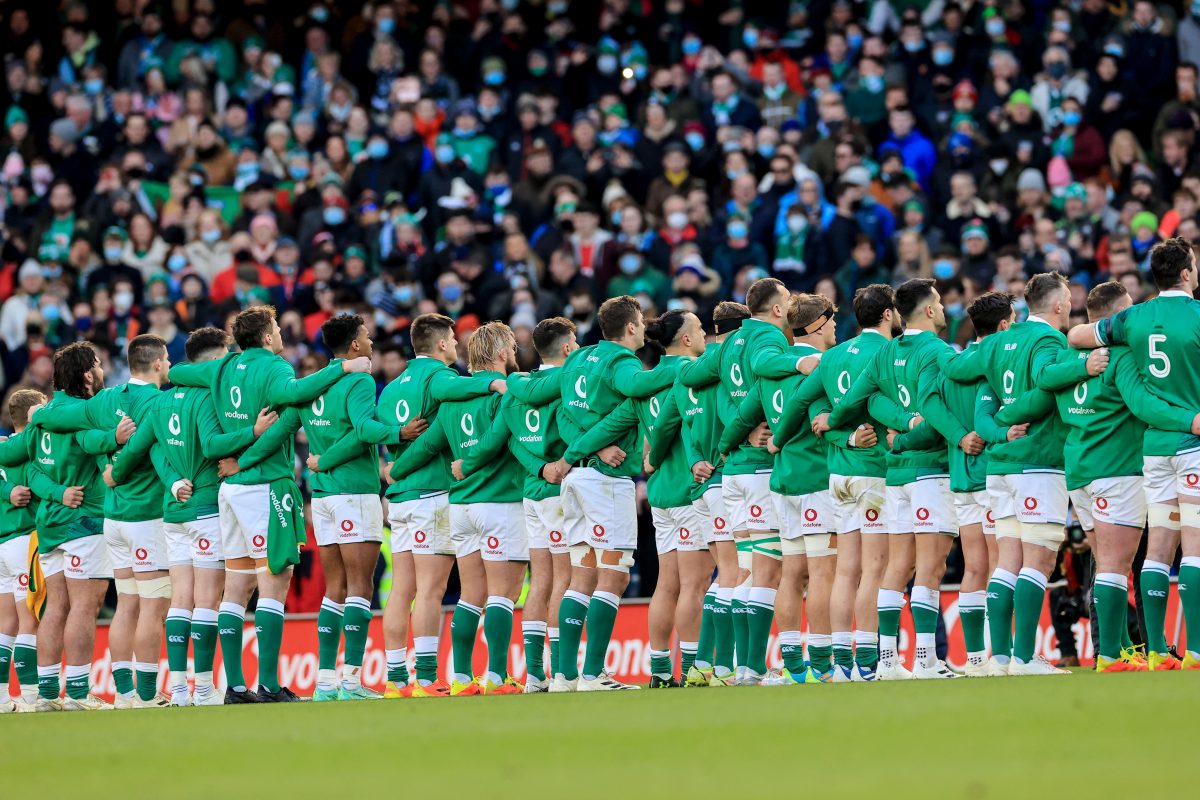
Coach: Andy Farrell
The Englishman and father of England’s current captain is one of the most celebrated coaches of the modern era. After achieving unprecedented success with his Saracens team in the early 2010s, he was an integral part of Stuart Lancaster’s England coaching set-up and chosen by Warren Gatland as defence coach for the Lions tour. After being sacked by Eddie Jones, Farrel has taken the reigns at Ireland and got his revenge on Jones last year with a dominant victory over England. The team put in a statement victory over Wales last weekend, putting the game out of sight in the first half. This has made them the team to beat so far.
Key Player: Tadhg Furlong (Prop)
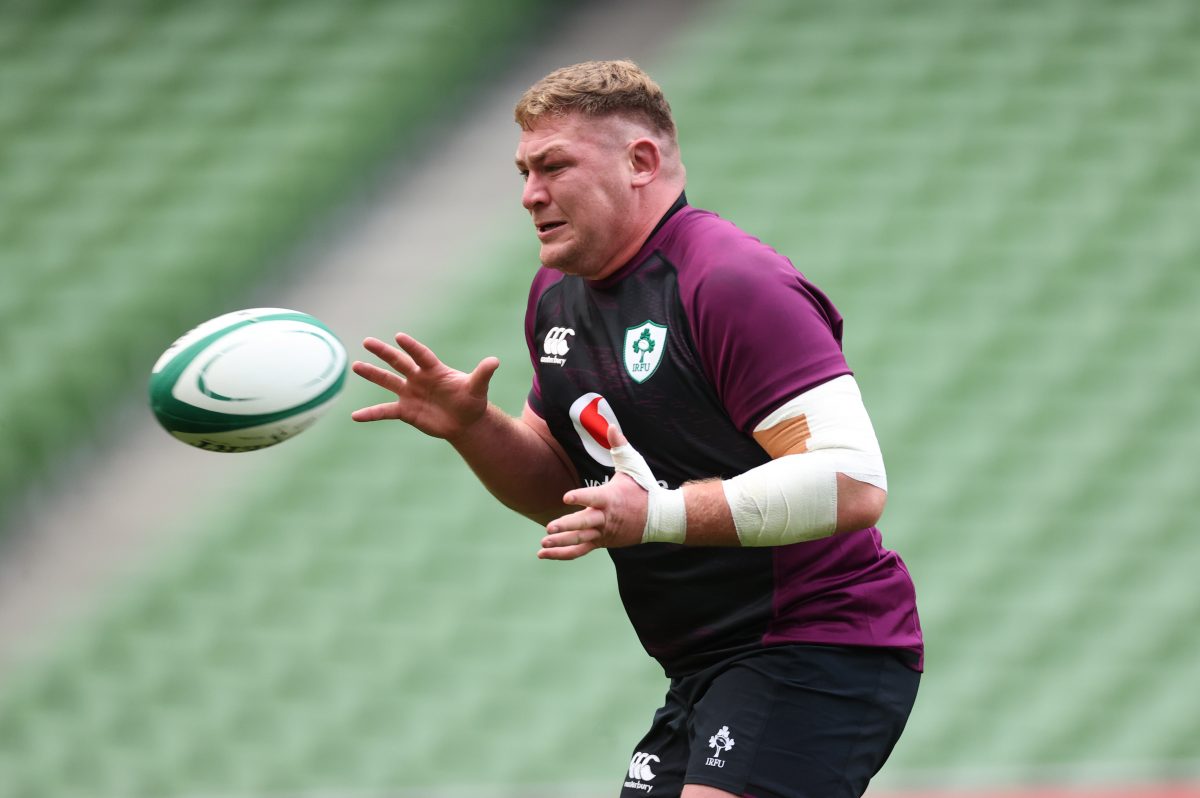
The 19 Stone tight-head prop is considered one of the best in the world in his position. He has had a distinguished career, winning the 2019 Six Nations Grand Slam (beating every team), winning the European cup with Leinster in 2018 and representing the British and Irish Lions six times. He is an elite scrummager and also possesses silky hands and a surprising burst of pace, making him dangerous from open play.
Playstyle
While Farrell has implemented a more expansive play-style, Ireland will still favour a physical game-plan. They will rely on the experience of their forwards to win turnovers and penalties. The ever-green Johnny Sexton should convert these into territory and points with his kicking. In open play, they will use the physicality of Conor Murray (at scrum-half) and Bundee Aki (at centre) to break the lines, as they did to tremendous effect against Wales.
Fixtures
- 12 February: France (away)
- 27 February: Italy (home)
- 12 March: England (away)
- 19 March: Scotland (home)
Scotland
Last Year: 4th
Predicted finish: 3rd
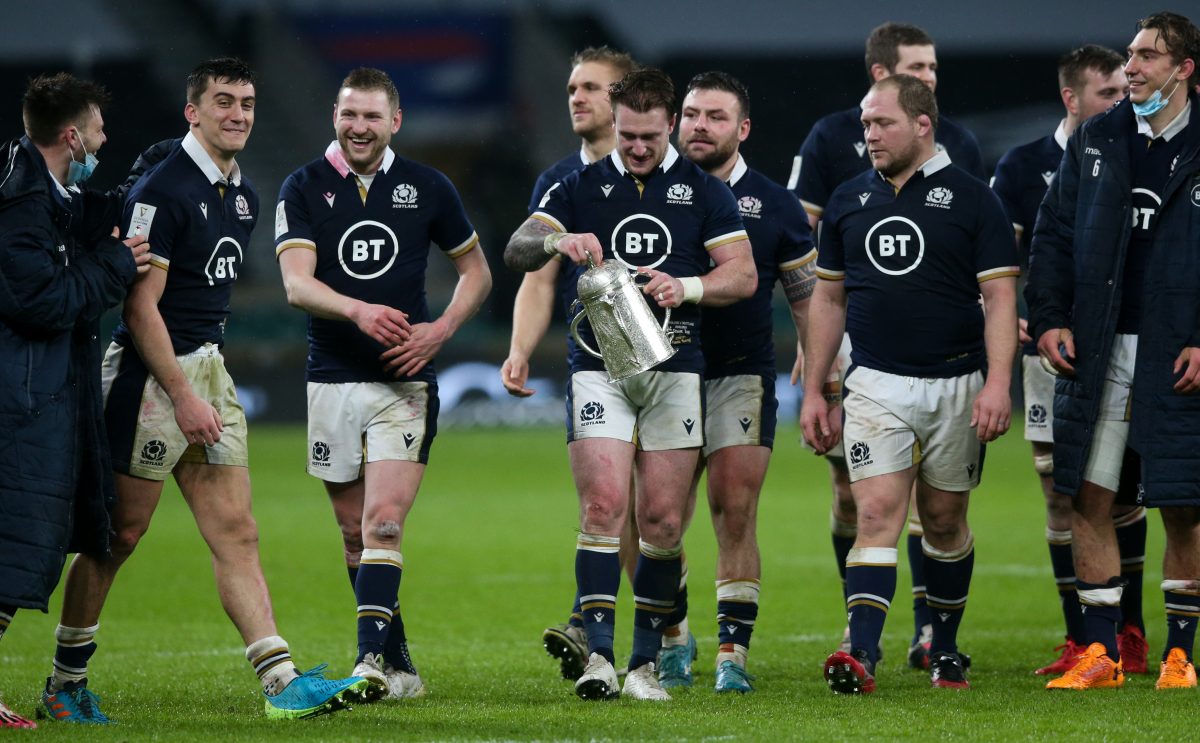
Coach: Gregor Townsend
After years of underachieving, finishing bottom of the 6-Nations table on multiple occasions, Scotland are back as a force in rugby thanks to the stewardship of Gregor Townsend. After a successful 5-year stint at Glasgow Warriors, Townsend took the Scotland job in 2017 and has revitalised the team’s performances. His Scotland team beat England at Twickenham last year for the first time in 38 years. This is Townsend’s crowning achievement so far and he will want to build on that immense performance to get Scotland winning more regularly. Their opening day victory over England to keep the Calcutta Cup in Edinburgh was a statement of intent and showed that this dangerous team can beat any side on their day.
Key player: Stuart Hogg (Full-back)
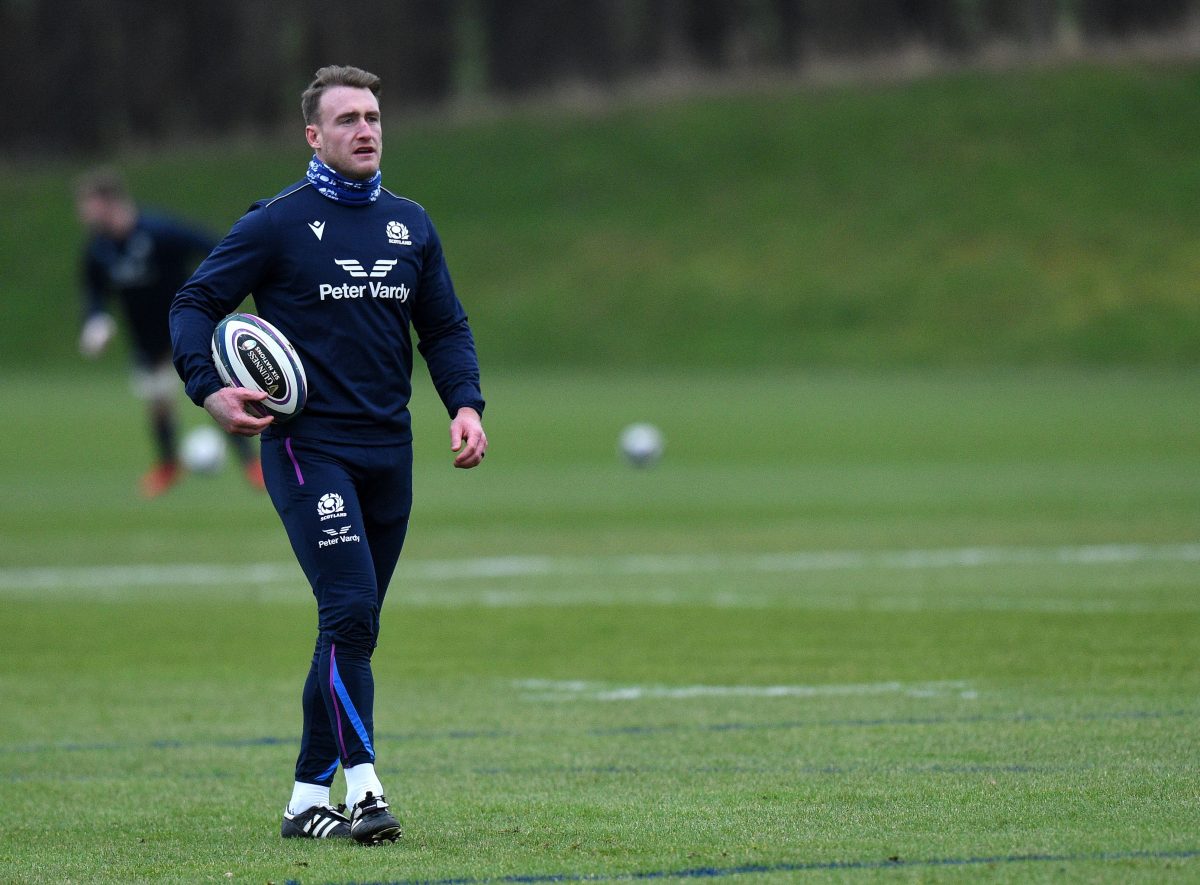
Hogg has been Scotland’s key man for over a decade now and will captain the side this year. Solid under a high ball, strong in the tackle and dangerous when running with the ball, he is the perfect full-back. His international performances have been so impressive that he has won player of the tournament three times despite playing in a team that has generally struggled. After many successful years playing under Townsend at Glasgow Warriors, Hogg made the move to the Exeter Chiefs in 2019 where he has won an English and European title. His performance against England on the opening day was sensational and he will be crucial to any further success the team enjoys.
Playstyle
Scotland have traditionally relied on the strength of their forward pack to grind down the opposition and try to edge games by winning penalties. However, this team’s approach is the opposite. With dynamic, creative ball carriers, particularly Hogg, Finn Russell (at fly-half) and Ali Price (at scrum-half), Scotland will look to take the game to the opposition with intricate running moves. Their opening try against England showed how dangerous they can be when they break the first line.
Fixtures:
- 12 February: Wales (away)
- 26 February: France (home)
- 12 March: Italy (away)
- 19 March: Ireland (away)
England
Last Year: 5th
Predicted Finish: 4th
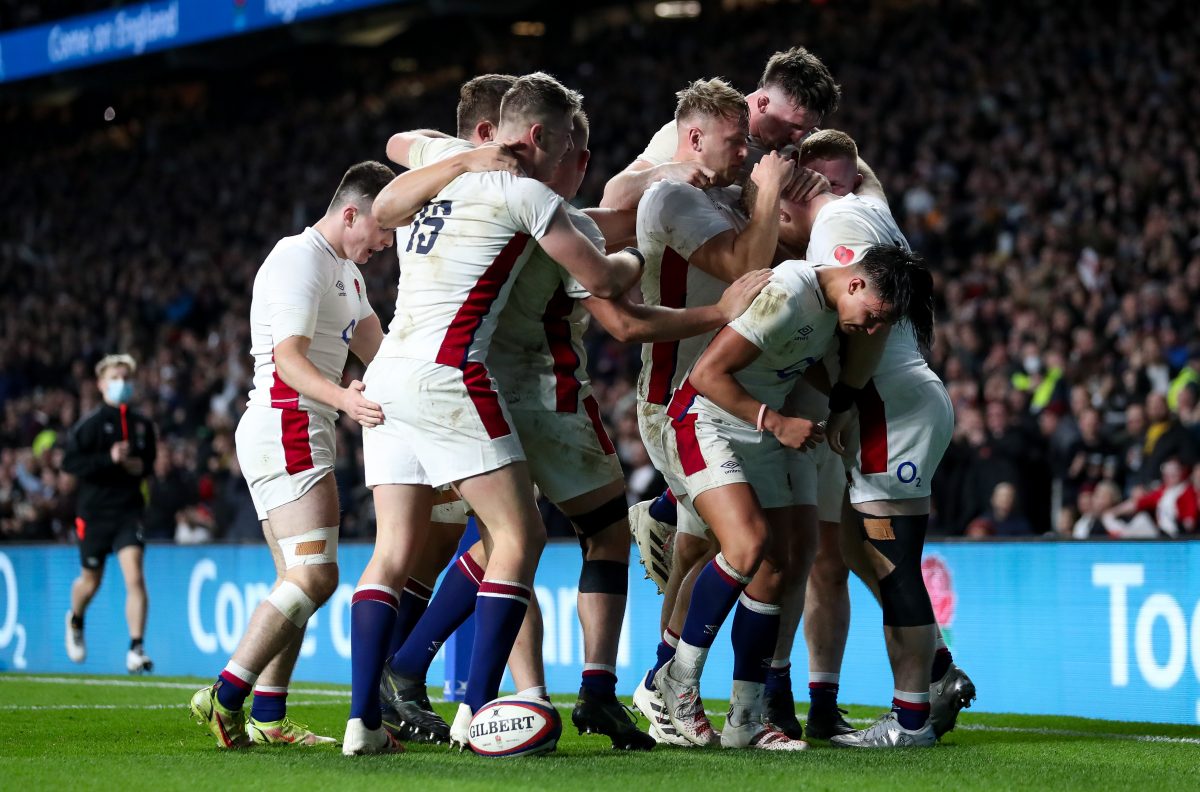
Coach: Eddie Jones
Having guided England to a 6-Nations title and to the World Cup final in 2019, Jones has had a very successful stint as England manager. However, the team imploded last year to finish fifth and lose at home to Scotland, two unprecedented things in the modern age. The Australian coach was criticised for being too loyal to certain players and a style of play which made the team predictable. While that championship was disastrous, a new-look team full of young talent bounced back with statement wins over Australia and South Africa in the Autumn. A strange line-up against Scotland and a late mistake cost the team in a game they should have won, the Italy game gives England the chance to give the young players some valuable experience and give the team confidence going into the final three games.
Key Player: Alex Dombrandt (Number 8)

Marcus Smith will most likely grab the headlines as one of the most exciting young players in world rugby but his Harlequins teammate, Alex Dombrandt, has arguably outplayed him this season. Dombrandt has scored a remarkable 11 tries in 13 matched for his club this season, including two hat tricks. The intelligence of his movement to find pockets of space in the attacking phase is completely unique. He is also a powerful runner, good tackler and exceptional at the line-out, making him the perfect all round Number 8. Jones currently favours Sam Simmonds in that position but, if he can break into the side, Dombrandt is almost guaranteed to score tries.
Playstyle
Jones has usually favoured a pragmatic style, based around a kicking game and powerful runners to gradually push the team up the field. However, many of the key players for his old style of play have not been included in the squad. Therefore, Jones might embrace the incredible attacking talent that the English club sides are producing. If Marcus Smith (fly-half), Harry Randall (scrum-half), Luke Northmore (centre) and Freddie Steward (full-back) are all involved, then England have the potential to play devastating attacking rugby based around skilful footwork and technical skill.
Fixtures
- 13 February: Italy (away)
- 26 February: Wales (home)
- 12 March: Ireland (home)
- 19 March: France (away)
Italy
Last Year: 6th
Predicted Finish: 6th
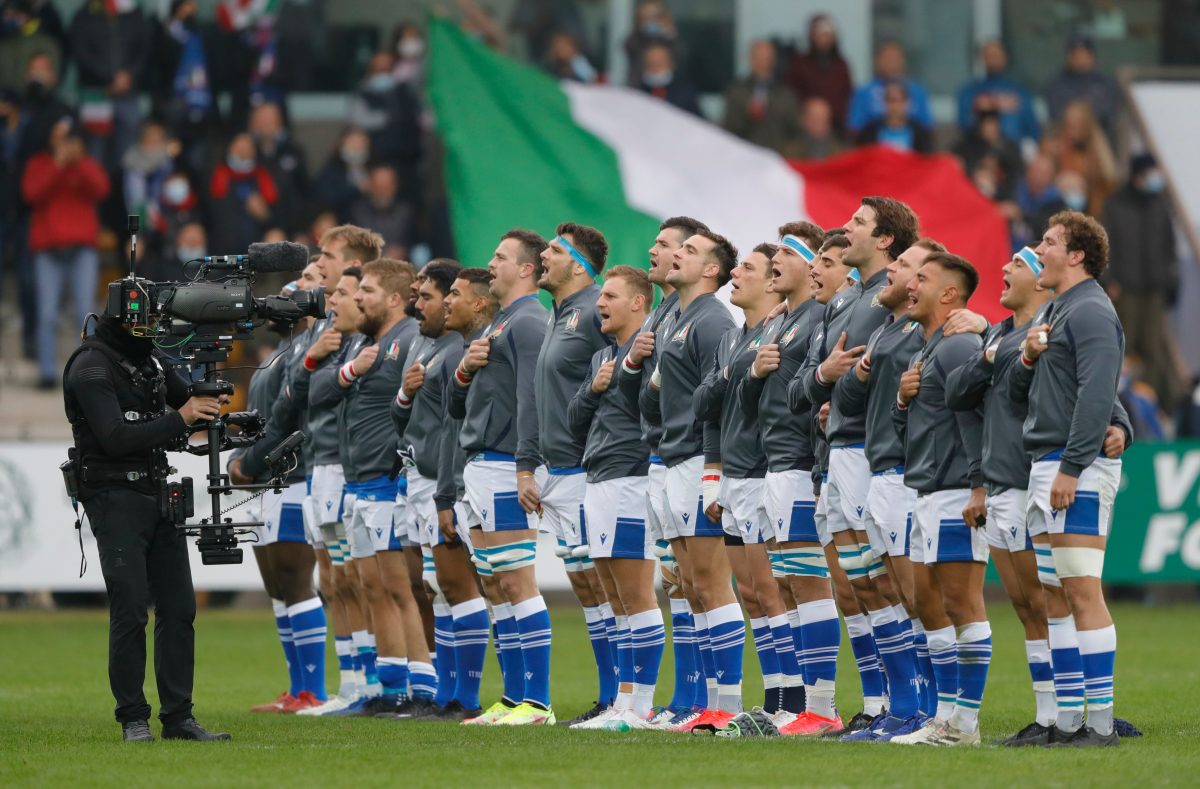
Coach: Kieran Crowley
This is the first 6-Nations for the New Zealander who has had an unorthodox coaching career. After a successful playing career, Crowley trained the Canadian team for 8 years before moving onto Italian club Benetton Treviso in 2016. Now he has taken over the Italy team, he has called up many young, inexperienced players. Most his squad played at Benetton under him so the team will be well-drilled and cohesive. The team played well against France in the first half but eventually the difference in quality showed. They are still yet to win a game since 2015 and will be desperate to pull an upset and regain some pride.
Key Player: Monty Ioane
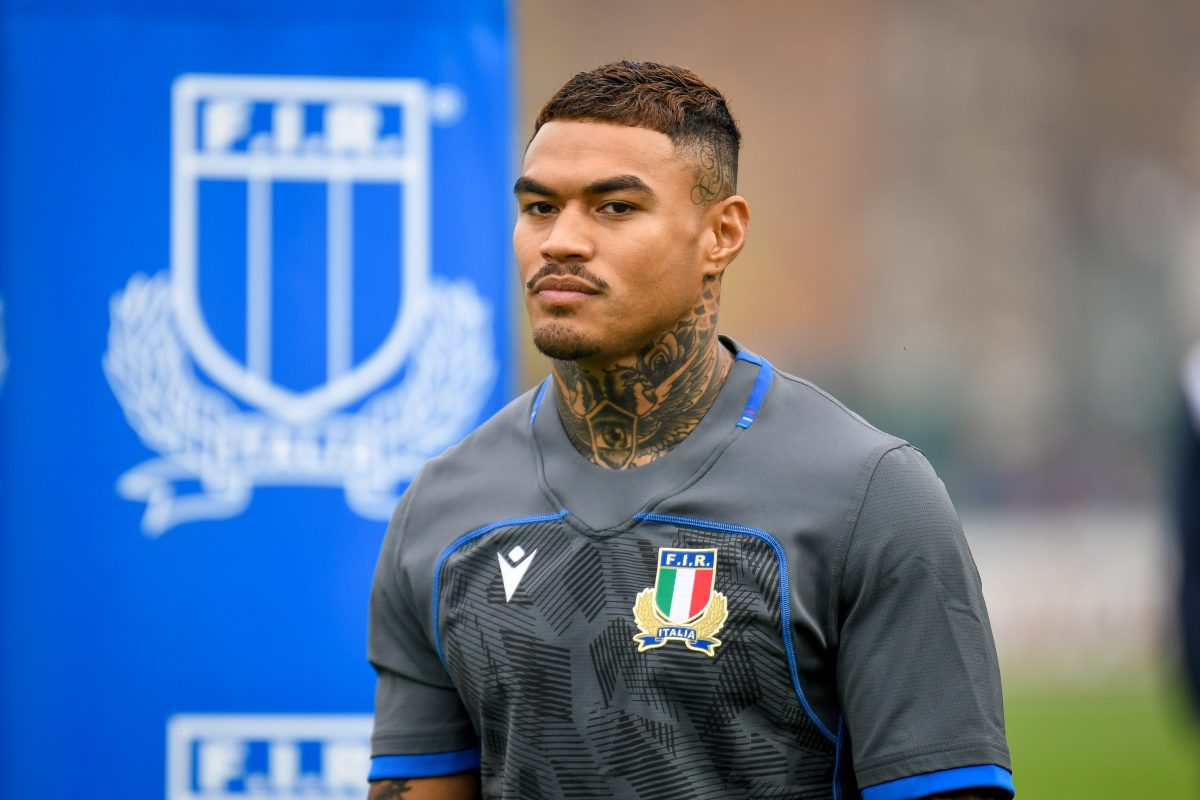
The only standout player in an otherwise forgettable tournament for Italy last year, Ioane impressed onlookers with his combination of rapid acceleration and skilful feet. One of many who played under Crowley at Benetton, his coach will know how important he will be if Italy are going to pull any surprises this year.
Playstyle
As they cannot match the physicality or technical skill of the other teams, Italy will adopt a reactive game-plan. They will organise their defensive line carefully to frustrate the opposition and use the speed of their backs to hit quickly on the counterattack. It worked well against France but the team struggles when they fall behind as they lack confidence in the attacking third.
Fixtures
- 13 February: England (home)
- 27 February: Ireland (away)
- 12 March: Scotland (home)
- 19 March: Wales (away)

